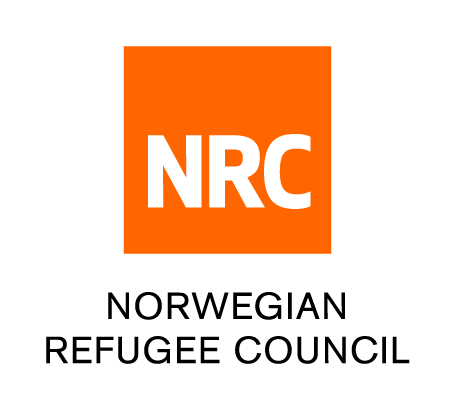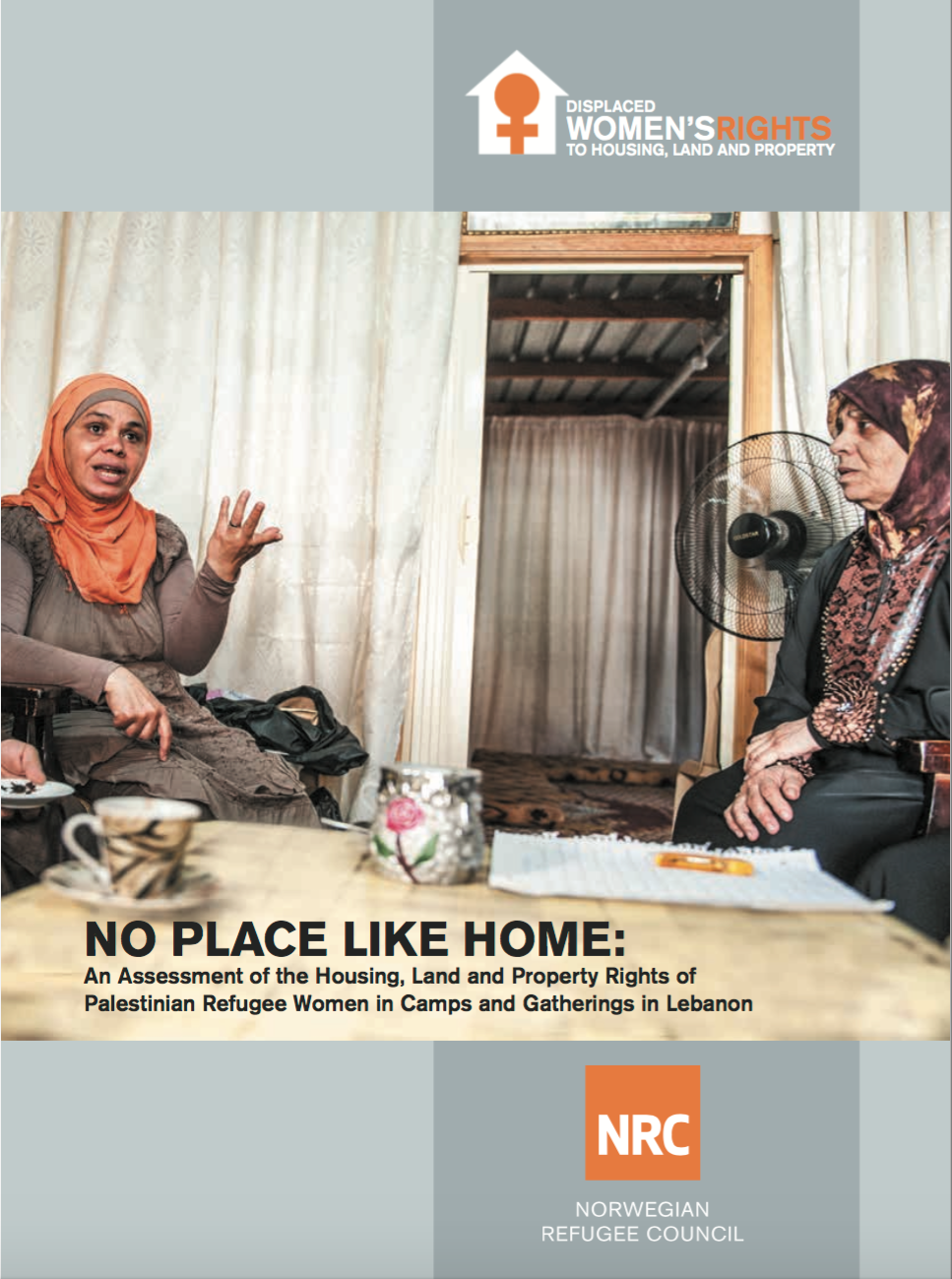The Norwegian Refugee Council (NRC) is an independent, humanitarian, non-profit, non-governmental organisation, which provides assistance, protection and durable solutions to some of the world’s 42 million refugees and internally displaced persons.
With humanitarian assistance programmes in 20 countries, NRC assists people to claim their rights, access available remedies, and recover from the effects of abuse and violations. NRC’s Information, Counselling and Legal Assistance (ICLA) supports beneficiaries in claiming and exercising their rights. ICLA provides information, counselling, legal assistance, collaborative dispute resolution, capacity- building and advocacy activities. An increasingly important area of NRC’s legal aid work supports displaced women as they seek to enforce their housing, land and property (HLP) rights.
Members:
Resources
Displaying 46 - 48 of 48Norwegian Refugee Council (NRC): Legal Assistance to prevent demolitions and displacement in the OPTs
General
To provide legal aid to Palestinians in Area C, East Jerusalem and Gaza so that they are better able to uphold their Housing, Land and Property rights. This will benefit some 14,600 people and reduce the number of demolitions of Palestinian property and displacement from East Jerusalem and Area C. This contributes towards our goals of maintaining the viability of a two state solution and reducing poverty and vulnerability of Palestinians.
NOWHERE TO GO: Displaced and returnee women seeking housing, land and property rights in South Sudan
Land is of tremendous importance in South Sudan. It represents community, belonging and place as well as provides a source of income, subsistence and survival. Control of land and resources was at the centre of the conflict that lasted five decades, leading to South Sudan’s independence in 2011.
NO PLACE LIKE HOME: AN ASSESSMENT OF THE HOUSING, LAND AND PROPERTY RIGHTS OF PALESTINIAN REFUGEE WOMEN IN CAMPS AND GATHERINGS IN LEBANON
Palestinian women living in refugee camps and gatherings in Lebanon have little opportunity to realise their HLP rights. They face the double discrimination, challenged by both formal Lebanese law and familial Palestinian social systems.
In 2001, the Lebanese Government passed a law forbidding people who do not hold citizenship to a recognised state from getting property rights in the country. This has left many Palestinian refugees either losing property that they owned, or unable to inherit property from family members.




